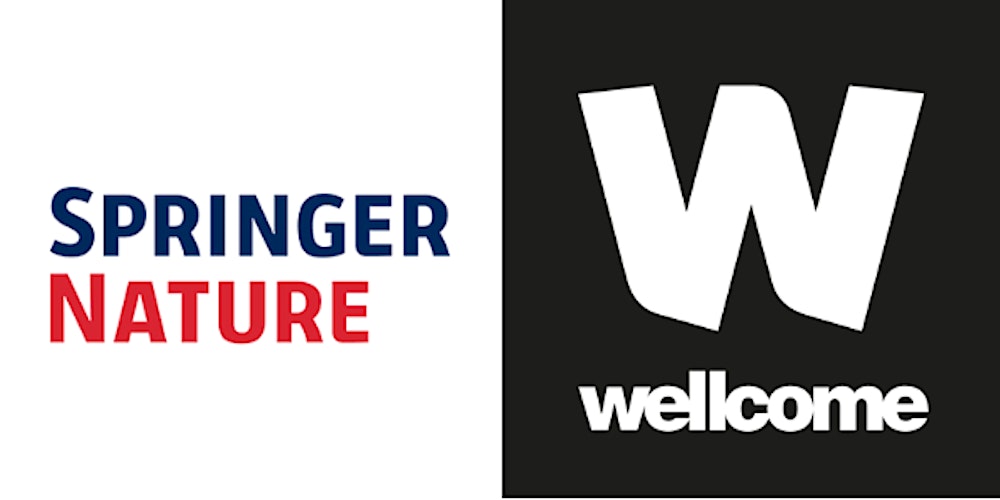Congratulations to this year's winners and thank you to everyone who submitted an entry. The judges thoroughly enjoyed reading the diverse and thoughtful array of contributions.
We are delighted to announce that this year's winners are:
Jazlynn Tan

Topic: What are the benefits and risks of unrestricted data use?
“I am a second-year student in Biological Sciences at Imperial College London. I have been passionate about science and research since high school. With 2 years before I graduate, I am actively exploring different areas in biology to broaden my horizons and decide what to pursue in my postgraduate studies. During this process, I fell in love with data science and computational biology. That led me to participate in the Better Science Through Better Data writing competition where I explored some of the issues at the forefront of the debate surrounding data usage. I look forward to the various talks and meaningful discussions at the conference.”
Anna Holderbaum

Topic: What support do researchers need to implement reproducible research?
“I am a final year PhD student at the Institute for Global Food Security at Queen’s University Belfast. My research investigates the metabolism and hepatic effects of emerging anabolic drugs in sports, food, and laboratory animals utilising a range of analytical techniques. Having a keen interest in reproducible research, open science and data, I followed the Better Science through Better Data conference online in previous years and look forward to attending in person and reporting about it this year. In my free time I enjoy open water swimming, listening to audiobooks, and baking.”
Thu Nguyen

Topic: How should Findable, Accessible, Interoperable and Reusable (FAIR) data work in practice?
“I am a 4th year Ph.D. candidate in the Chemistry Department at the University of Illinois at Chicago. My current work focuses on using mass spectrometry to study the phosphorylation of ion channels and their roles in neurodegenerative diseases. I have recently learned about the idea of FAIR data through the competition and I am excited to have the chance of contributing to the collaborative future of science and data science. Outside of the lab, I enjoy reading books, creating art, writing, and exploring nature and new food."
Oriana Genolet

Topic: How should researchers be rewarded for data sharing and reproducible research?
"I am currently finishing my fourth year as a PhD student in the lab of Dr. Edda Schulz at the Max Planck Institute for Molecular Genetics in Berlin. My research project consists in identifying the X-linked genes that lead to a slower developmental progression of female mouse embryonic stem cells, which are an invaluable model system for studying development in vitro.
"My motivation for entering the better data through better research writing competition was the fact that data sharing and research transparency are crucial requirements for generating high-quality and reproducible research. Scientists are facing a reproducibility crisis; however, many are not aware of the scale of this problem. It is therefore of pivotal importance that this subject is discussed among the research community in order to find proper solutions. With this in mind, it is also valuable to find ways to motivate and reward scientists that recognize these issues and that prioritize the generation of high-quality research."
This year's entries were judged according to 4 criteria out of a possible total of 10 points:
Scientific rigour (0-3 points)
Enthusiasm/passion (0-3 points)
Writing style (0-3 points)
Does it answer the question chosen? (0-1 point)
The three judges for this year's competition were:
Varsha Khodiyar: Data Curation Manager, Springer Nature
Rebecca Grant: Research Data Manager, Springer Nature
Jack Leeming: Editor, Naturejobs, Springer Nature
Don't forget you can still attend the event in London or live stream the event at home or work.
Book your ticket or register for the live stream








Please sign in or register for FREE
If you are a registered user on Research Communities by Springer Nature, please sign in